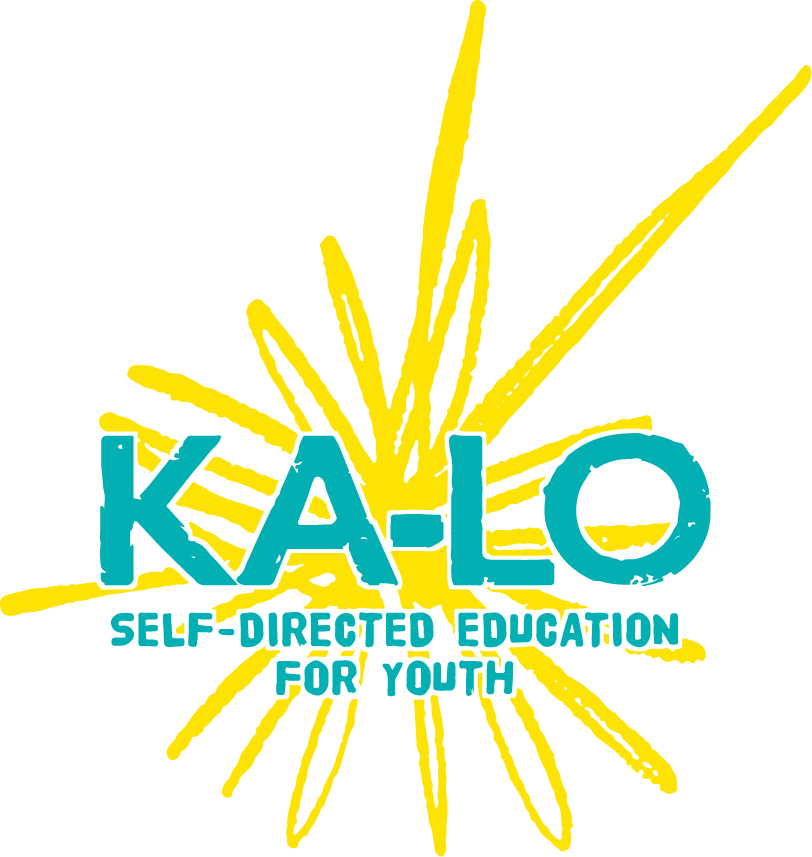Our work at Ka-Lo is rooted in a long history of community-based, mentor-supported, self-directed education. Until the 19th Century it was common for children throughout the world to learn within their families or communities. They typically worked alone or in small multi-age groups with chosen mentors, apprentice supervisors or other teachers.
Credit: ©United Methodist Board of Global Ministries / Ken Thompson
The revival of community-based education was led by black activists with the creation of the Civil Rights Movement Freedom Schools. These temporary schools created spaces to not only teach African-American heritage and citizenship rights, but also to “show people that they could question the situation, that they could take action about their situation.” Much of the creative and progressive educational trends that have surfaced since the 1960s owe a debt to the Black Liberation Movement.
Important writers who furthered the discussion of the type of educations that feel meaningful and useful to learners include Ivan Illich, Paul Goodman, and John Holt, and later, Grace Llewellyn, who wrote extensively and persuasively about the ability of children and families to create their own educations.
Based on the resurfacing of homeschooling in the 1980s, there is now a large body of data supporting the success of self-directed learning. Our experience at Ka-Lo is based on the founders’ combined 25 years of experience with personalized education, as well as the study of thousands of other self-directed learners who find joy and meaning through the empowering process of directing their own learning.
For more info, please see Resources.
